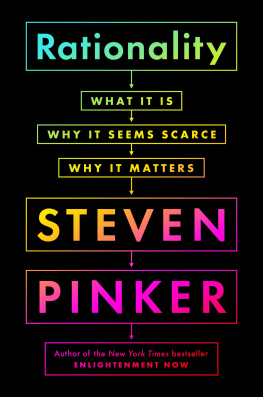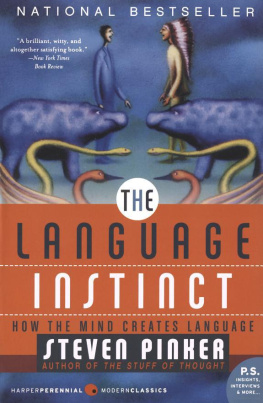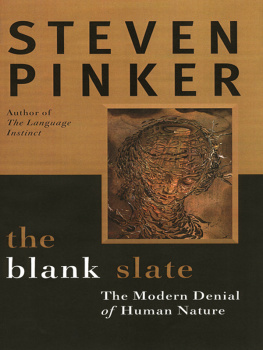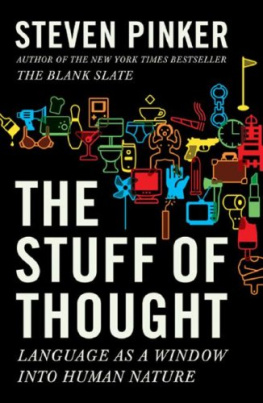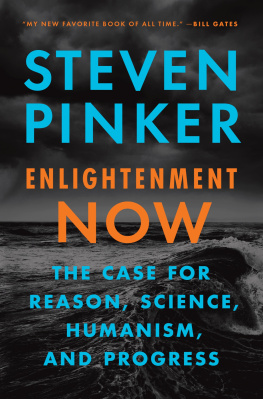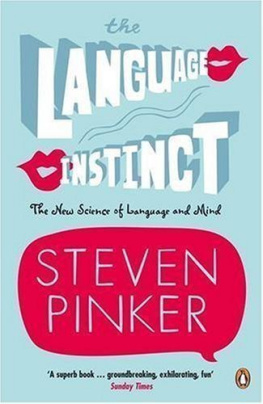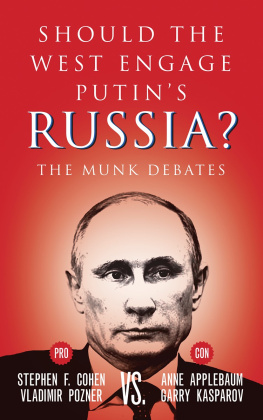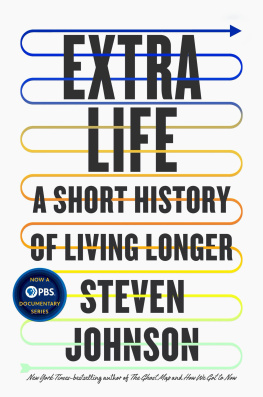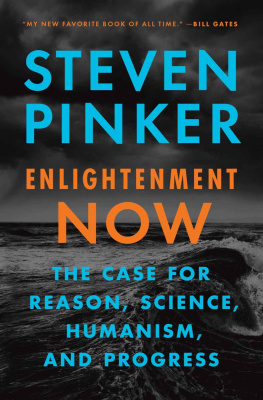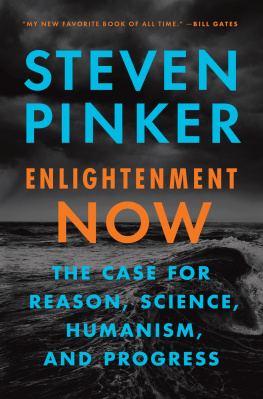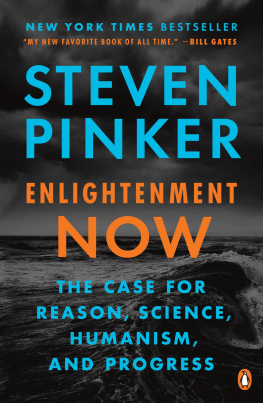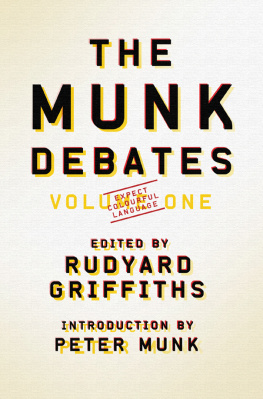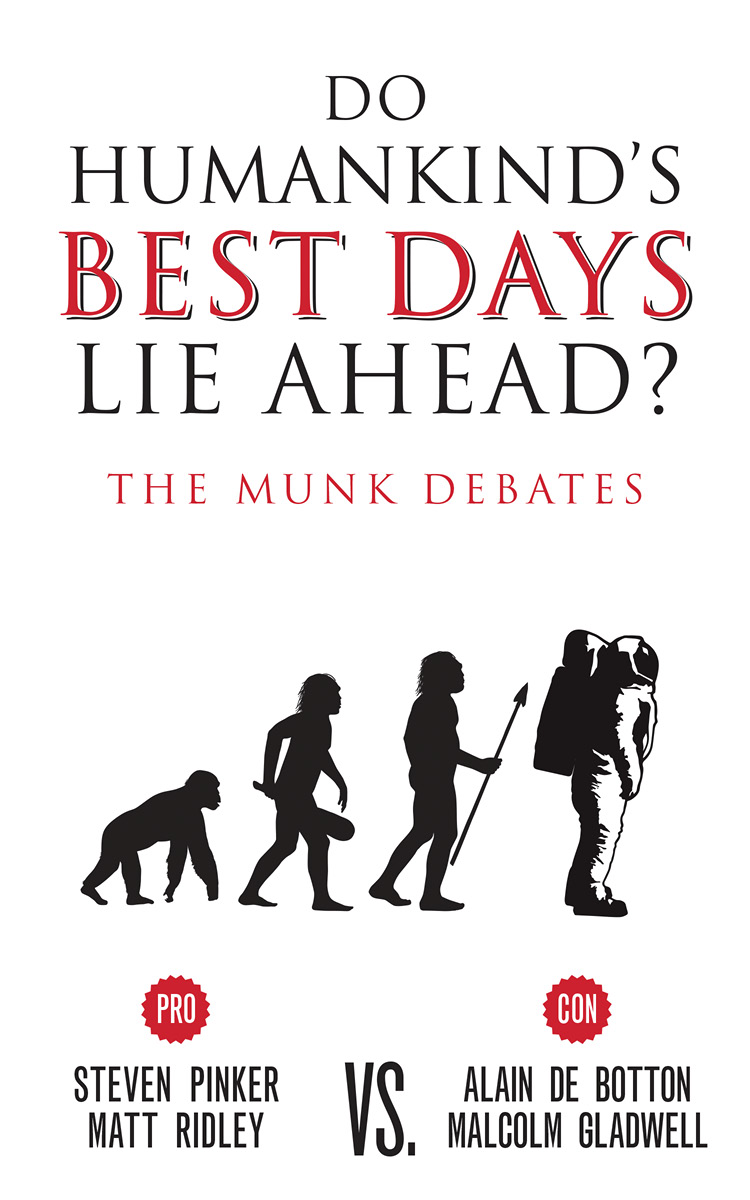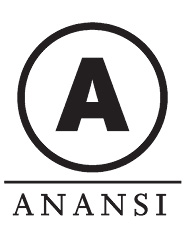a letter from peter munk
Since we started the Munk Debates, my wife, Melanie, and I have been deeply gratified at how quickly they have captured the publics imagination. From the time of our first event in May 2008, we have hosted what I believe are some of the most exciting public policy debates in Canada and internationally. Global in focus, the Munk Debates have tackled a range of issues, such as humanitarian intervention, the effectiveness of foreign aid, the threat of global warming, religions impact on geopolitics, the rise of China, and the decline of Europe. These compelling topics have served as intellectual and ethical grist for some of the worlds most important thinkers and doers, from Henry Kissinger to Tony Blair, Christopher Hitchens to Paul Krugman, Peter Mandelson to Fareed Zakaria.
The issues raised at the Munk Debates have not only fostered public awareness, but they have also helped many of us become more involved and, therefore, less intimidated by the concept of globalization. It is so easy to be inward-looking. It is so easy to be xenophobic. It is so easy to be nationalistic. It is hard to go into the unknown. Globalization, for many people, is an abstract concept at best. The purpose of this debate series is to help people feel more familiar with our fast-changing world and more comfortable participating in the universal dialogue about the issues and events that will shape our collective future.
I dont need to tell you that that there are many, many burning issues. Global warming, the plight of extreme poverty, genocide, or our shaky financial order: these are just a few of the critical issues that matter to people. And it seems to me, and to my foundation board members, that the quality of the public dialogue on these critical issues diminishes in direct proportion to the salience and number of these issues clamouring for our attention. By trying to highlight the most important issues at crucial moments in the global conversation, these debates not only profile the ideas and opinions of some of the worlds brightest thinkers, but they also crystallize public passion and knowledge, helping to tackle some of the challenges confronting humankind.
I have learned in life and Im sure many of you will share this view that challenges bring out the best in us. I hope youll agree that the participants in these debates challenge not only each other but also each of us to think clearly and logically about important problems facing our world.
Peter Munk
Founder, Aurea Foundation
Toronto, Ontario
Do Humankinds Best Days Lie Ahead?
Pinker and Ridley vs.
de Botton and Gladwell
THE MUNK DEBATES
Edited by Rudyard Griffiths
Copyright 2016 Aurea Foundation
Malcolm Gladwell, Alain de Botton, Matt Ridley, and Steven Pinker in Conversation by Rudyard Griffiths. Copyright 2016 Aurea Foundation.
Post-Debate Commentary by Ali Wyne. Copyright 2016 Aurea Foundation.
All rights reserved. No part of this publication may be reproduced or transmitted in any form or by any means, electronic or mechanical, including photocopying, recording, or any information storage and retrieval system, without permission in writing from the publisher.
Distribution of this electronic edition via the Internet or any other means without the permission of the publisher is illegal. Please do not participate in electronic piracy of copyrighted material; purchase only authorized electronic editions. We appreciate your support of the authors rights.
This edition published in 2016 by
House of Anansi Press Inc.
www.houseofanansi.com
Library and Archives Canada Cataloguing in Publication
Do humankinds best days lie ahead? : the Munk debates/
Steven Pinker, Matt Ridley, Alain de Botton, Malcolm Gladwell;
edited by Rudyard Griffiths.
(The Munk debates)
Issued in print and electronic formats.
ISBN: 978-1-4870-0168-1 (paperback). ISBN: 978-1-4870-0169-8 (html).
1. Progress. 2. Civilization. 3. Forecasting. 4. Social prediction.
I. De Botton, Alain, panelist II. Pinker, Steven, 1954, panelist
III. Ridley, Matt, panelist IV. Griffiths, Rudyard, editor V. Gladwell,
Malcolm, 1963, panelist VI. Series: Munk debates
HM891.D64 2016 303.44 C2016-901305-7
C2016-901306-5
Library of Congress Control Number: 2016933753
Cover and text design: Alysia Shewchuk
Transcription: Transcript Divas

We acknowledge for their financial support of our publishing program
the Canada Council for the Arts, the Ontario Arts Council, and the Government of Canada through the Canada Book Fund.
contents
introduction by rudyard griffiths
Do Humankinds Best Days Lie Ahead? was a departure for our series. For going on almost a decade, the semi-annual Munk Debates have focused primarily on hot-button geopolitical, social, economic, or technological issues. So why all of a sudden did we decide that our autumn 2015 debate should have a strong philosophical bent? We believe that many of the larger debates we are currently having as a society are wrapped up in the timeless human quandary of whether or not we are progressing as a species.
Many commentators look at current turmoil in world events and see a slow and steady decline of the rules-based order and economic progress that defined the half-century following World War II. Others believe that the diffusion of the power of nations to non-state actors such as NGOs (non-governmental organizations) and global alliances and institutions all supercharged by instantaneous communication and globe-spanning social networks as heralding a new era of peace and prosperity. Proponents of a second technological revolution envision a future with soaring living standards, new realms of individual and collective collaboration and expression, and a cleaner, greener planet. Their detractors rail against how new technologies fuel social and economic inequality, empowering states to violate the privacy of their citizens, and distracting humanity from the hard work and sacrifice necessary to maintain a sustainable life on planet earth.
In short, for half of us, whatever the issue or challenge, the glass is half empty. For the other half of humankind, the glass is half full. Privately, we are either optimists or pessimists about the state and future of our own lives, our societies, and the larger human condition.
The Munk Debate on Progress was a conscious effort to push the more than 3,000 people who filled Torontos Roy Thomson Hall to chose a side, once and for all, in this timeless debate of the modern era. To paraphrase the debates resolution: Do humankinds best days lie ahead, or not?
Before the event began, the audience was asked to answer the question. At the end of the hour-and-a-half contest, the audience voted again. The fast-paced and highly entertaining debate in the subsequent pages with all of its rhetorical quips, attacks, and parries ended up changing more than a few minds. To find out if you think humanitys collective cup is indeed half empty or half full, read on. I guarantee this mind-expanding debate will hold you to its final word.
Rudyard Griffiths
Chair, The Munk Debates
Toronto, November 2016
Do Humankinds Best Days Lie Ahead?
Pro: Steven Pinker and Matt Ridley


